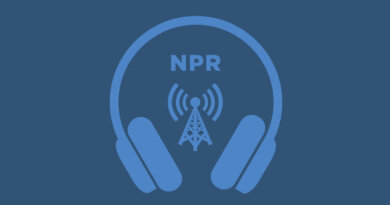Many Key Workers Jockey for Vaccine Priority
That’s also where lobbying comes into play.
“Priority 1a for us is getting our employees into that ‘priority 1b’ priority group,” said Bryan Zumwalt, executive vice president of public affairs for the Consumer Brands Association, which represents companies that make thousands of household products, from toilet paper to soda. Of the membership’s 2.3 million employees, 1.7 million are considered essential, he said.
“Workers at our companies are making life-sustaining products,” Zumwalt said. The association is reaching out with letters to state health departments, but Zumwalt said the process would be easier if there were a uniform national priority order for the vaccine, instead of letting states have final say.
These companies are dealing with absenteeism rates averaging 10%, he said, which could cause delays in producing food and other key products.
“When one worker tests positive, an additional five to 10 workers have to be taken off the production lines,” he said.
In Idaho, a COVID-19 advisory board decided this month that after health workers and nursing home residents and staff, first responders such as police and firefighters, and grade school teachers and staff should get the shots, followed by correctional facility staff, then food-processing workers, grocery workers and the Idaho National Guard.
Dr. Elizabeth Wakeman, an associate professor of philosophy at the College of Idaho, and a member of the board, had told her colleagues that it made more sense to vaccinate with the aim of slowing virus transmission rather than ranking groups on their value to society.
That would put food-processing workers ahead of grocery clerks, because there’s more room to maintain distance and better ventilation in a grocery store, Wakeman said.
There’s also pressure to quickly protect food service and farmworkers. Diana Tellefson Torres, executive director of the United Farm Workers Foundation, said farmworkers are both essential and deeply at risk. They may work outdoors where transmission risk is lower, but they often live and ride to work with many people outside their immediate families, she said.
Most farmworkers are undocumented immigrants who lack health insurance and “might not even know they have underlying health conditions,” said Tellefson Torres, who sits on California’s Community Vaccine Advisory Committee. “There’s a lot of vulnerability.”





buy Clopidogrel over the counter https://plavix.guru/ buy clopidogrel bisulfate